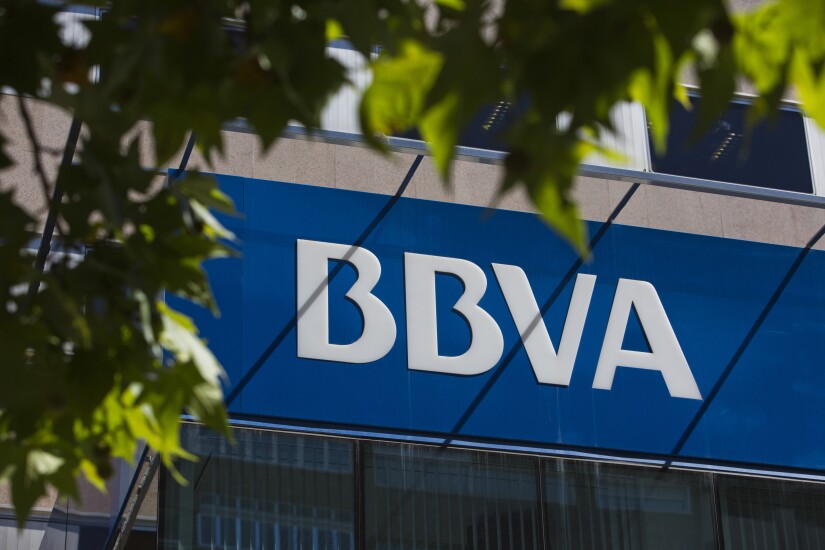In global news this week, buy now/pay later companies Zip and Sezzle call off their merger, BBVA sets a higher target for women in management, ABN Amro debuts a digital wallet for gig workers, and more.
Here's what's happening around the world.






To address a budget deficit, the state of Washington has begun taxing credit unions that buy banks. Critics say there's just one problem: The tax will deter any such acquisitions from happening.
Kohler Credit Union, Think Bank and Communication Federal Credit Union gave their onboarding and direct deposit tech an upgrade through fintech partnerships.
Some distressed companies that tapped the Federal Reserve's Main Street Lending Program say they've been crushed by the agency's hardline stance on modifications.
Threat group ShinyHunters claimed responsibility for the attack, which reportedly targeted third-party platforms rather than Betterment's own systems.
Artificial intelligence developments are stoking investor fears about software companies. Banks' limited exposure to the sector and general stability is proving attractive to investors.
Prosperity Bancshares finalizes the second of three acquisitions it's announced since July; Sumitomo Mitsui Banking Corporation appoints a new chief information security officer for its American operations; Huntington Bancshares, Third Coast Bancshares and Heritage Financial completed acquisitions; and more in this week's banking news roundup.